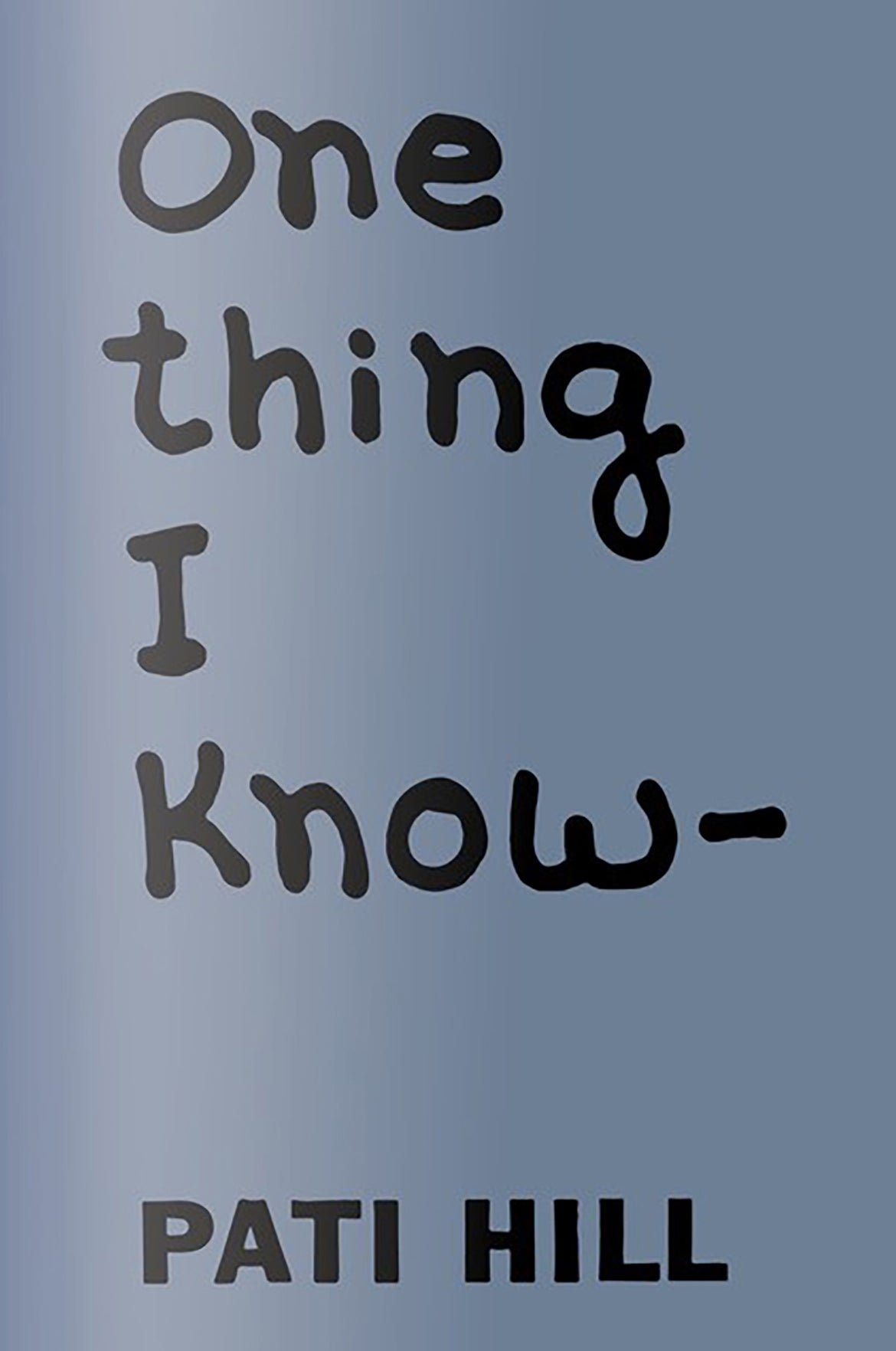Landslide
PATI HILL / One Thing I Know
PATI HILL / One Thing I Know
Regular price
$35.00 AUD
Regular price
Sale price
$35.00 AUD
Unit price
per
Couldn't load pickup availability


